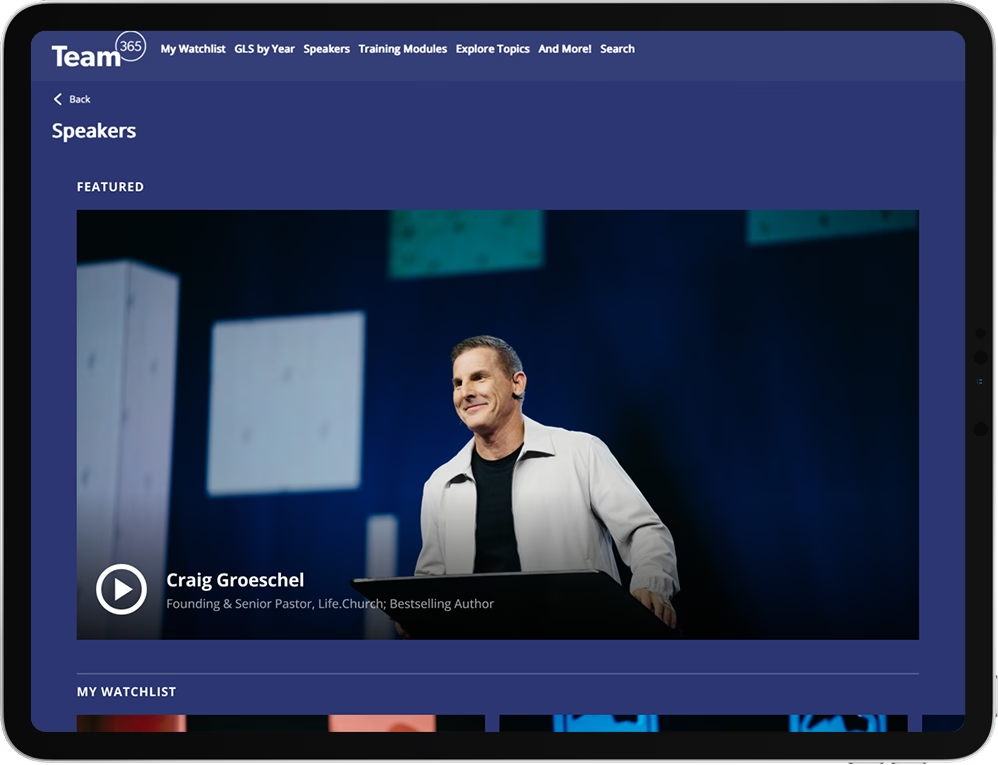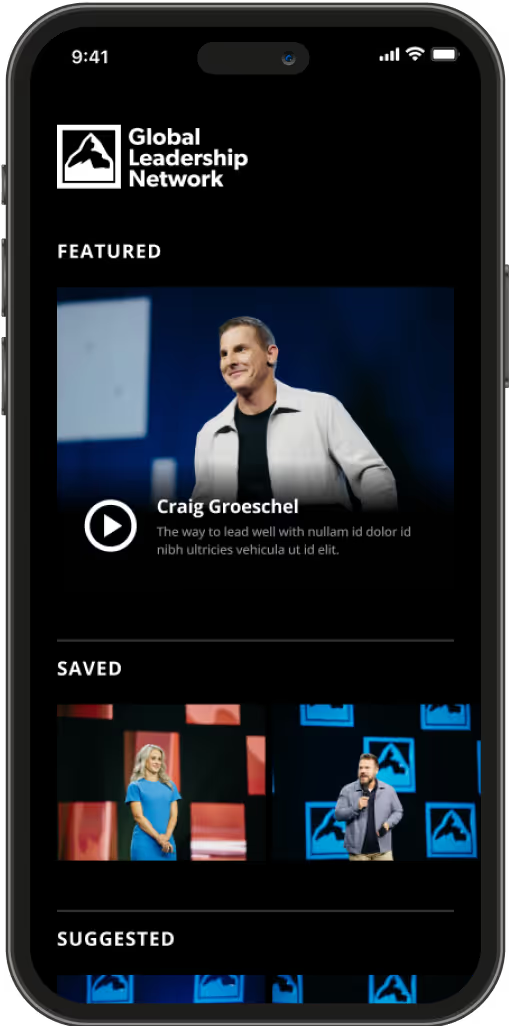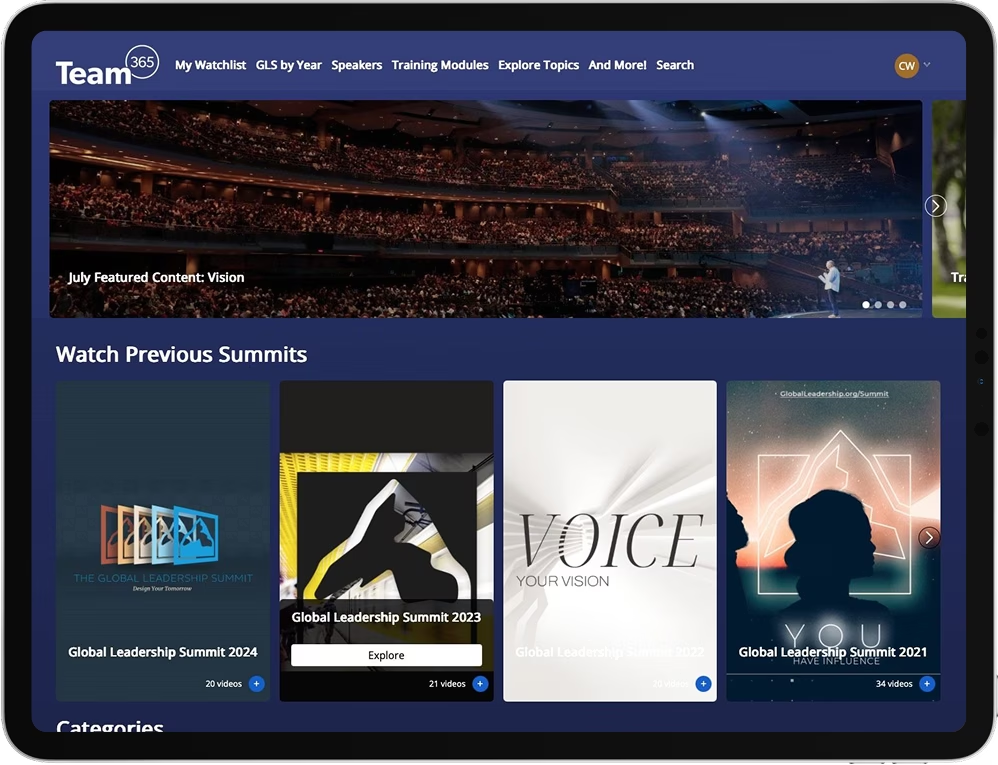Hospitality is a game changer. To be fair, most lists of core values, corporate pillars, cultural mandates or “reasons we exist” posters won’t include hospitality in the top ten.
But to create a winning organization, hospitality should be front and center.
I've worked on some great teams over the years and have seen great hospitality in action. One of the places I learned the most about leading through hospitality was Lost Valley Ranch, an incredible 4-diamond guest ranch in Colorado. In fact, one of the taglines for Lost Valley is “The Brand of Western Hospitality.” That’s a big statement, and one that was always front of mind.
Don't just talk about it. Make it happen. Your work can be a great example of your attitude and commitment to service.
At Lost Valley Ranch, we took great pride in our ability to create a great experience for our guests through unmatched hospitality and customer service. Truly serving guests was part of the DNA of the staff—a requirement, not just a hopeful add-on. It allowed us to stand out in the hearts and minds of our guests.
Customers left with a memory, not just a vacation.
Ultimately, your focus on hospitality will build a bridge of credibility. Your goal should be to turn customers into friends, and friends into family.
Here are a few of the ways we did that:
1. Treat someone like you would want to be treated—the “Golden Rule.” It really does work. And it makes sense. Common sense. Use it.
2. Remember someone's name. Always. Especially when you've met them before or talked with them before. Remembering a name establishes your guest or customer in a place of honor.
3. Let your actions speak way louder than your words. Don't just talk about it. Make it happen. Your work can be a great example of your attitude and commitment to service.
4. Walk with your guest. This is crucial. Don’t just tell your guests where to go. Actually, walk them to the place where you want them to end up. If you have to hand the relationship off to someone else, make sure you walk them to that other person, introduce them and hand them off well. The same applies if you’re communicating over the phone or through email. Constantly make sure you are "walking" with that person through the process.
5. Anticipate. Stay a step ahead of your clients or guests. Don't wait for them to ask for something. Be proactive. Figure it out before they even need it. Make your guests the hero.
6. Go the extra step. Have a "+1" type of attitude and demeanor. Don’t just anticipate, but actually do more than what is expected or required of you. Make memories for your client or guest by wowing them with the "above and beyond."
7. Engage in meaningful conversation. Serving creates an opportunity for impact—it builds a bridge. So, make sure to connect with your guests or clients through conversation when it's appropriate. Understand who they are by understanding what they read, what they watch, where they travel and what their interests are. If you deal with families, learn the names of their kids and their hobbies. And look them in the eye when talking. Little things add up.
Great hospitality requires that your customers and guests feel empowered because they know you’ve listened to their requests.
8. Give permission. Make sure your entire staff and everyone in the organization feels empowered to respond immediately to a customer service issue. Empower your employees at every level in the organization to respond and resolve.
9. Own the relationship and the result. Your answer should never be "that's not my job." Take initiative to see the problem or the issue through to the very end. Ritz Carlton provides a certain amount of discretionary dollars for all their front-line employees to solve problems on the spot.
10. Your customer must be heard. Great hospitality requires that your customers and guests feel empowered because they know you’ve listened to their requests.
As Danny Meyer, CEO of Union Square Hospitality Group said in his recent GLS talk, “Great leadership requires a strong HQ—Hospitality Quotient.” He went on to say, “Hospitality is how we make you feel when we deliver service in our restaurants. Our employees live this value. They are most satisfied when someone else feels better, and ultimately gets better.”
That’s hospitality.
Related

The Paradoxical Superpower: Humility in Leadership

Meet David Ashcraft, Global Leadership Network CEO: A Passion for Leaders

Accountability in Love & Leadership—GLS22 Faculty Spotlight
.jpg)
Leading the Spark: 5 Books on the Intersection of Creativity and Leadership

“Thank You for Seeing Us as People”: Leadership and Hope Inside Graham Correctional Center

The Tech CEO who sold his home to live with the formerly homeless
Leadership That Lasts
Team365 isn’t just a platform. It’s a commitment to grow, lead and live with purpose — every single day. Whether you’re here for content, community or clarity, you’re in the right place. Your leadership matters. Let’s keep going.





